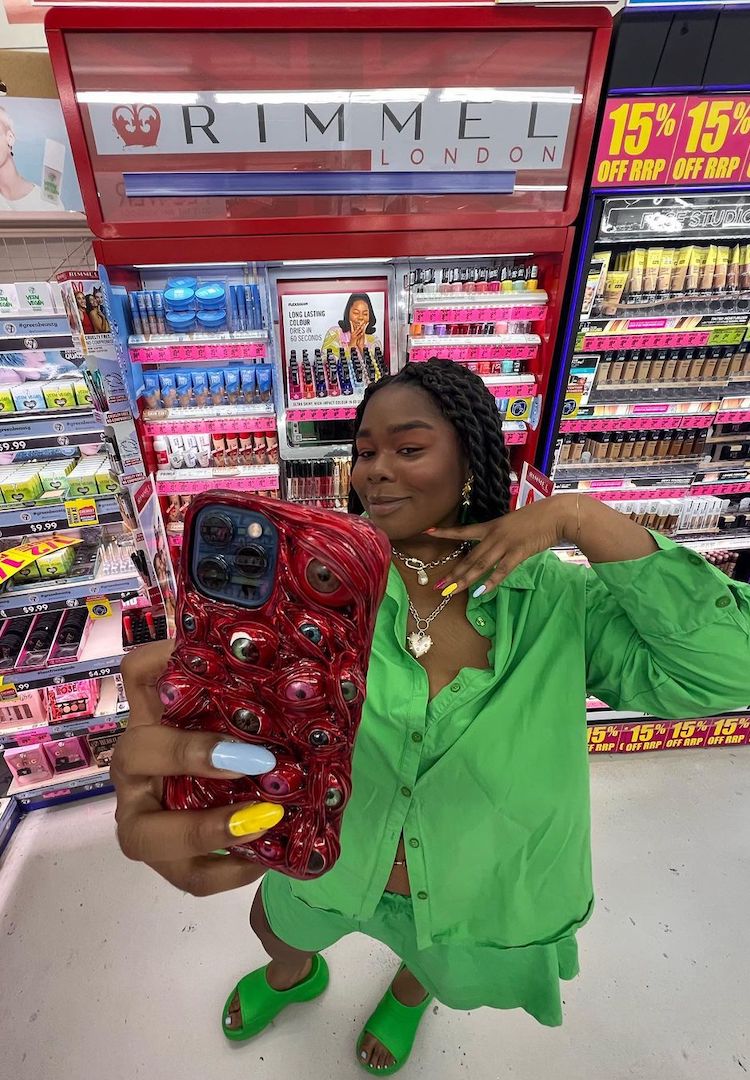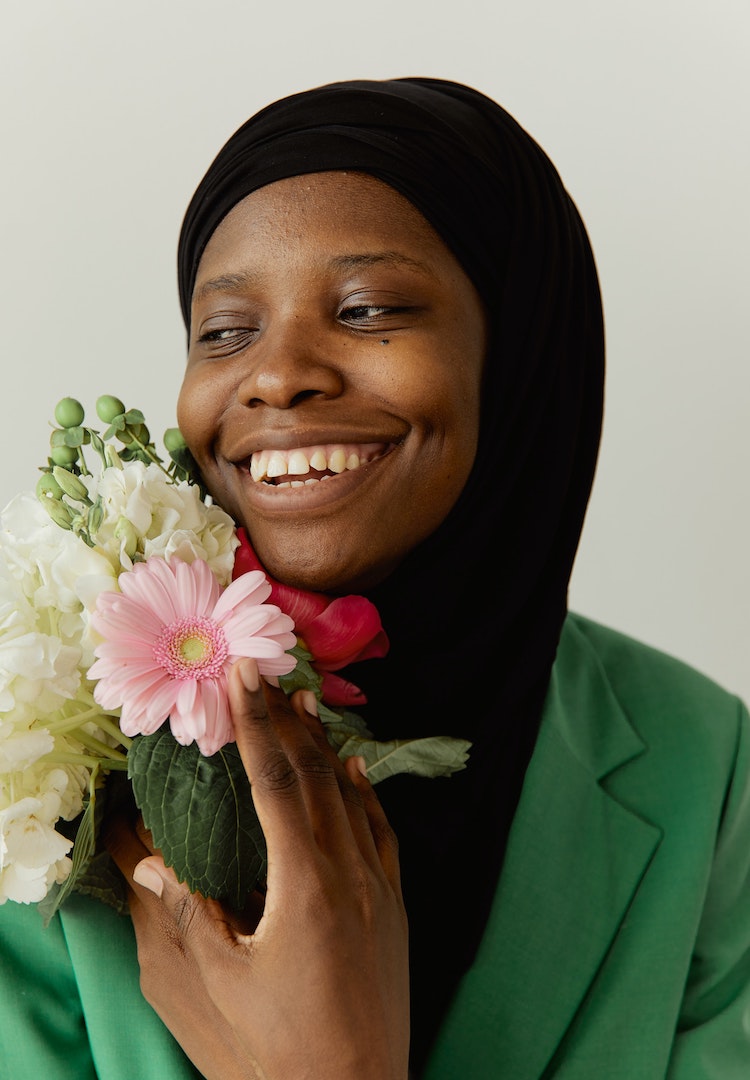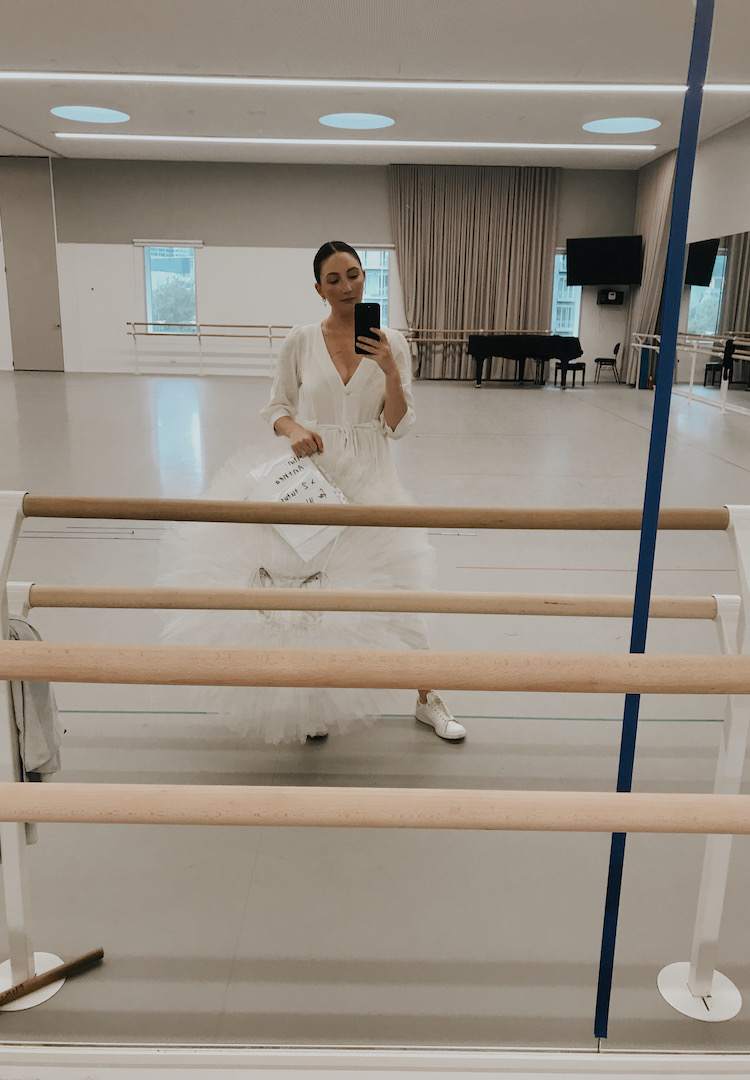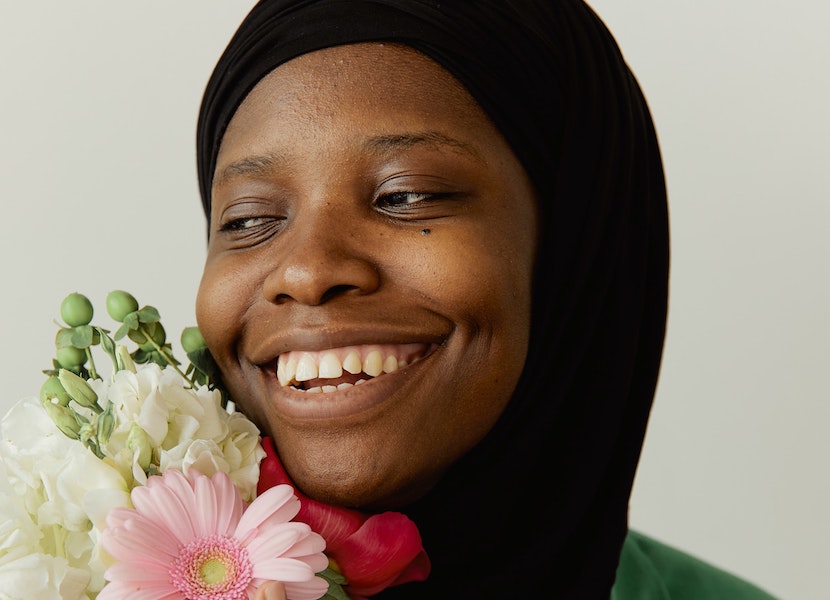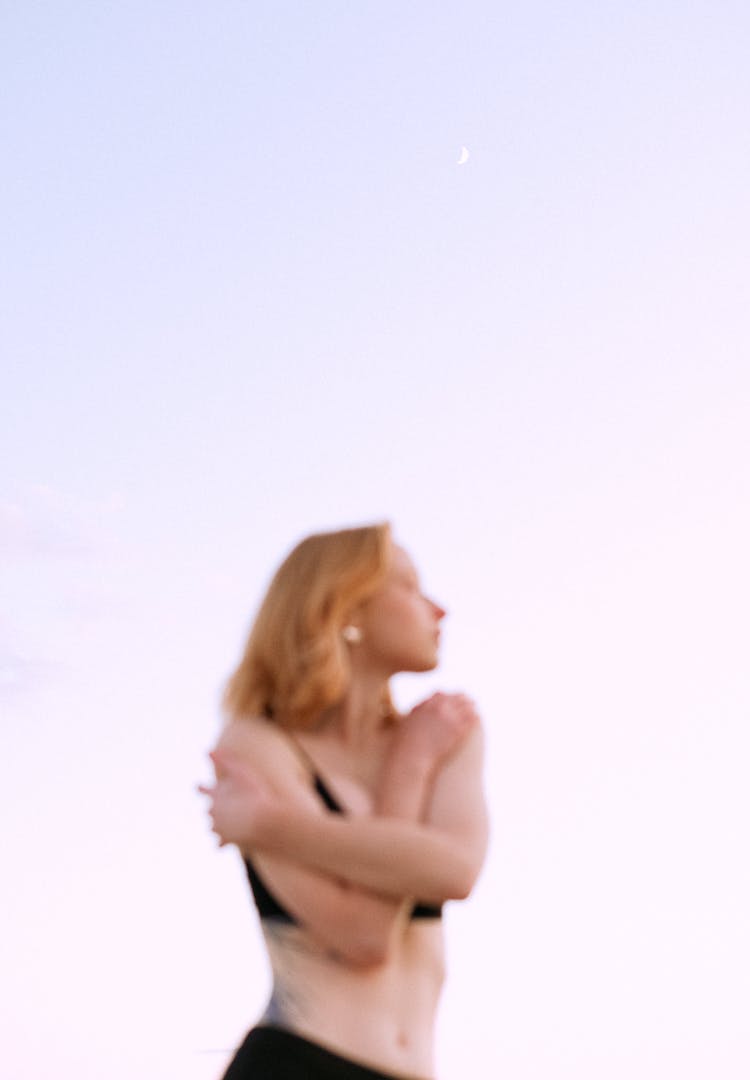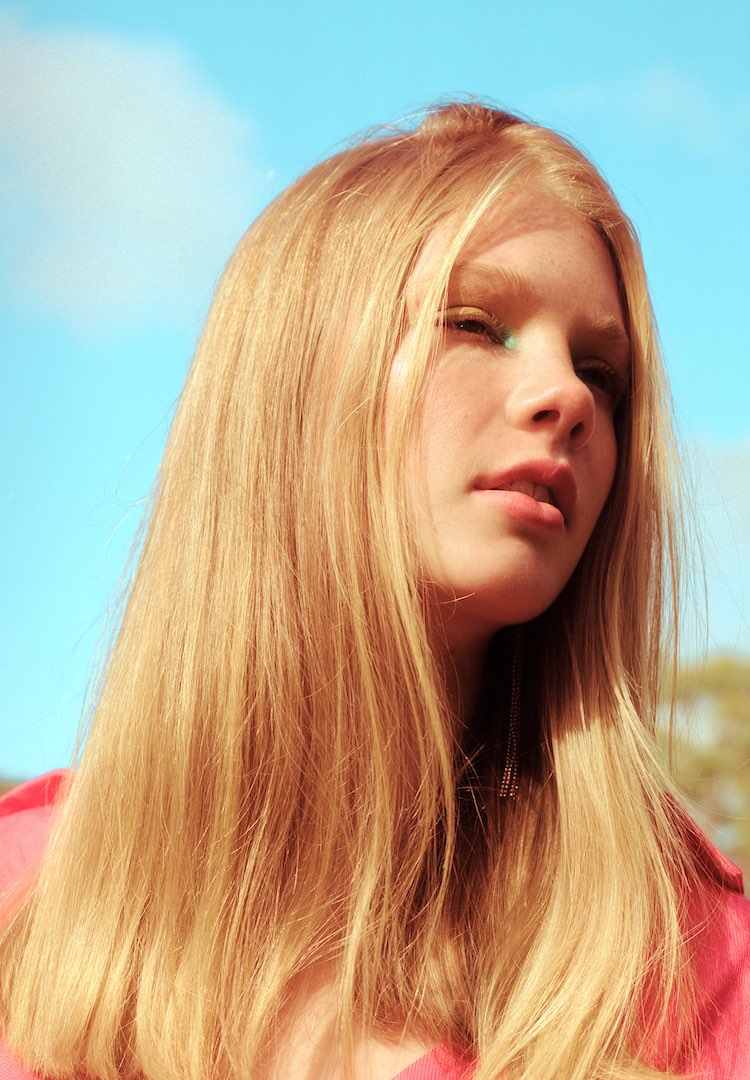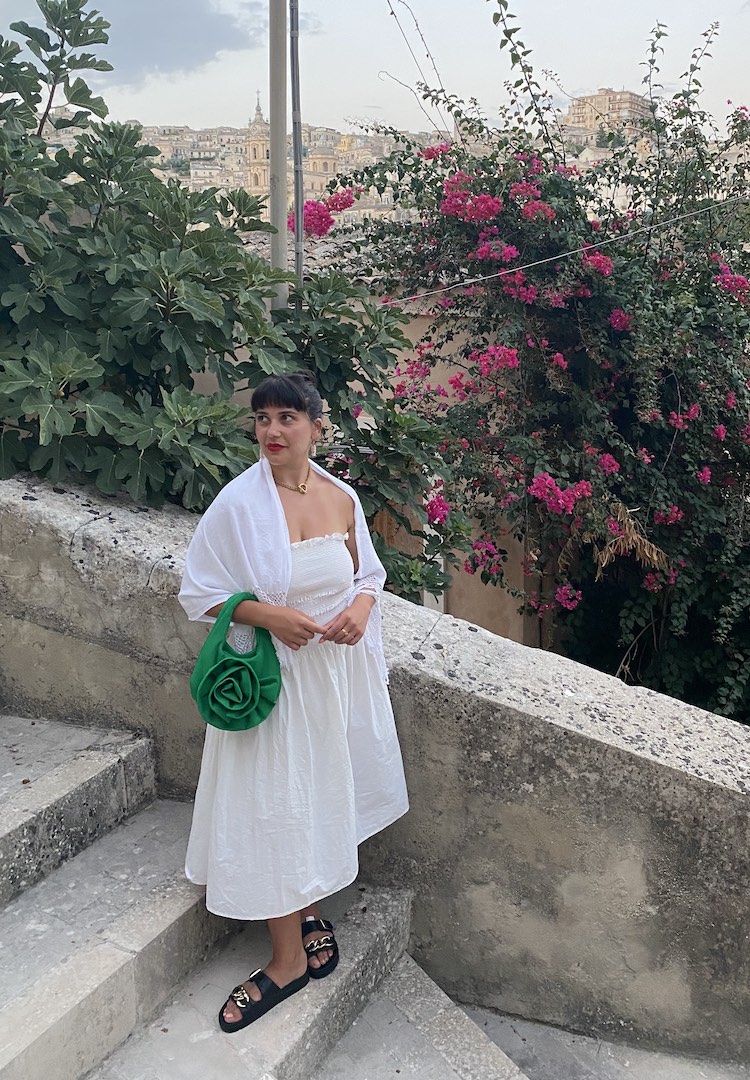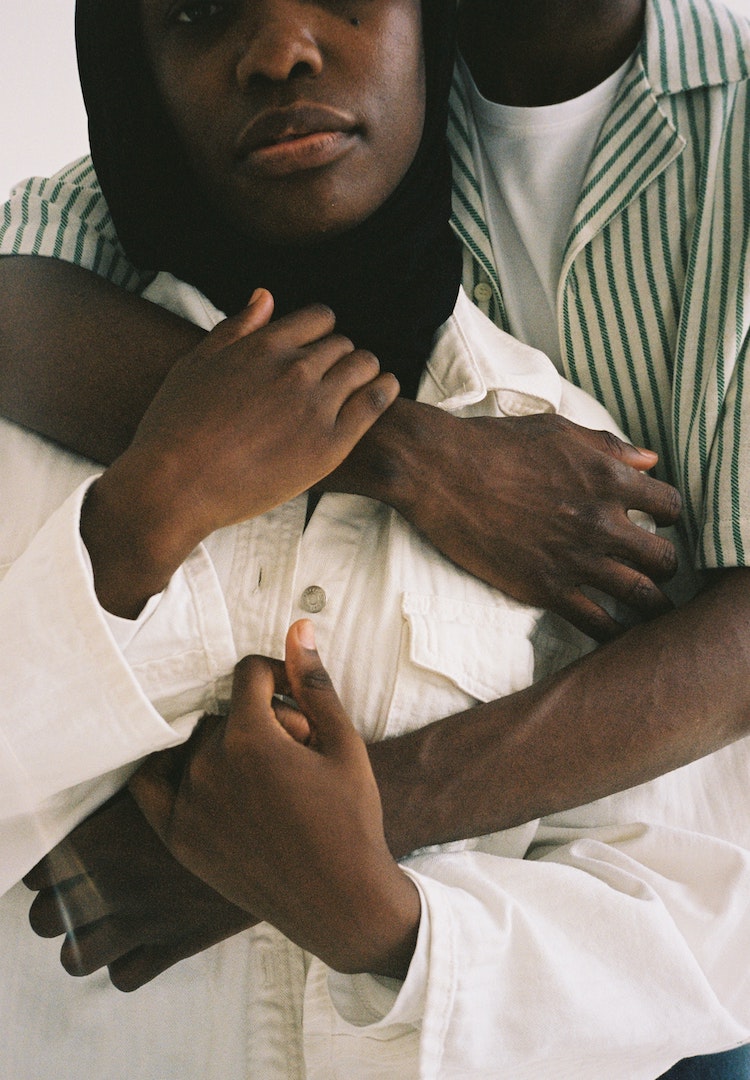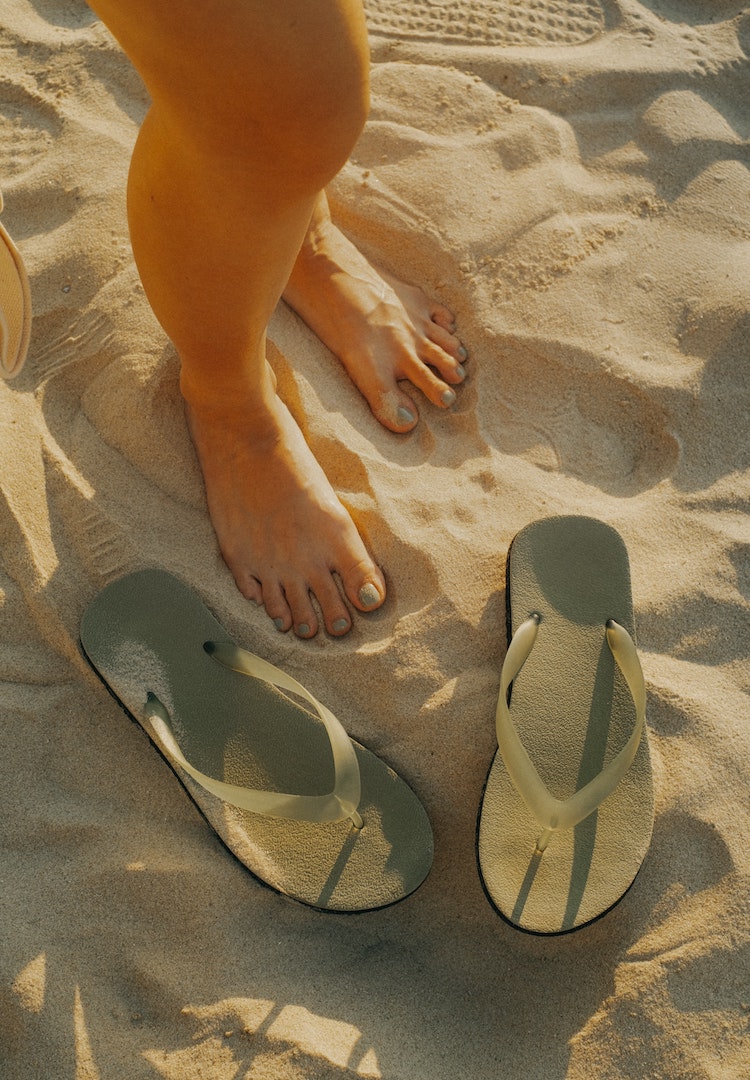What your Muslim friends want you to know about Ramadan
WORDS BY JASMINE JOYAN
“A spiritual self-care month.”
Ramadan commences this week for Muslims around the world. During this holy month, Muslims collectively unite for a time of fasting, reflection, festivities and (at times) feasting!
Interested to hear how others navigate the world? Head to our Life section.
As the month begins, here’s a rundown of some Ramadan basics. As a practising Muslim, I asked some Muslim Australians what it’s like fasting during Ramadan.
What is Ramadan?
Ramadan is the ninth month of the Islamic calendar. During this month, Muslims are required to abstain from eating, drinking and sexual intimacy from sunrise to sunset. Yep, not even water! But I promise it’s not as hard as it sounds.
Muslims will wake up before dawn to eat (known as suhoor) and then break their fast at sunset (known as iftar). Ramadan is also sacred because it’s the month Muslims believe God revealed the first verses of the Qur’an to the Prophet Muhammad.
When is Ramadan?
The Islamic calendar is based on the lunar system, so months vary in length. That means Ramadan is usually 29 or 30 days. This year, it falls between March 23 and ends on April 21. The Islamic calendar is also shorter than the Gregorian calendar by 11 days, meaning the months change more quickly than in a Gregorian year.
Why do Muslims fast?
Muslims fast because it’s a core pillar of Islam and a practice made out of devotion to our Creator. We fast to practise self-restraint, patience and kindness – even when it can be harder to do so in the absence of food and drink.
We do it to help recentre God in our lives. By restricting our appetite during daylight hours, we use this abstinence to focus and recharge our connection with God. As the holiest month in the Islamic calendar, Muslims will spend more time trying to strengthen their connection with God through praying, reading the Qur’an and practising dhikr (a form of meditation to remember God).
Many Muslims will also use this time for self-development by trying to refrain from vices and bad habits and instead, build on better habits that will continue after Ramadan ends.
Who is required to fast?
Muslims who have reached puberty are required to fast. However, the priority in Islam is to look after your health and so there are exemptions from fasting. This includes people who suffer from an illness (either physical or mental), pregnant or breastfeeding people, people while they are menstruating and travellers.
Is it offensive if I eat in front of a Muslim during Ramadan?
Not at all! We know non-Muslims are not fasting and most of us are perfectly fine being around our colleagues and friends when they are eating.
Why is charity important during Ramadan?
Ramadan allows Muslims to reflect in gratitude at what God has provided us in sustenance. In the spirit of empathy and generosity, there’s an obligation to donate to other people who cannot afford to eat during Ramadan (known as Zakat al-Fitr).
What can I do to support my Muslim friends and colleagues?
Be patient with us. During the first few days of Ramadan, our bodies are still adapting to fasting and in the last few days, we may begin to lose stamina. So if you see us looking a little more tired than usual, it’s because we’re adjusting.
Let us skip the lunch break at work. Since we’re not eating, many Muslims prefer to skip the lunch hour and leave work an hour early to prepare for the breaking of the fast. So let us skip the lunch break at work if we please. If you’re up for the challenge, try fasting for a half day or a day. It’ll help you understand and experience a day in the life of a fasting Muslim.
Consider donating money to Muslim countries. In camaraderie with your Muslim friends, donating during Ramadan to communities that need aid is a strong gesture of solidarity and support.
What is it like to fast and observe Ramadan?
Basra Ajeh, she/her, content creator
View this post on Instagram
Ramadan seamlessly fits into my life when it arrives. I work from home so I can pray, work and fast very comfortably. The timing of Ramadan is always when I need it most, which is when I’m beginning to feel spiritually empty. For me, I see Ramadan as a fresh start to improve myself spiritually and to try and become a better person.
The sense of community during Ramadan is so important. Before I moved out, I would break my fast with my family and then we would go to the mosque and join the rest of the Muslim community for the Ramadan prayers (Taraweeh). It’s just a warm and wholesome vibe!
Since moving out, I really enjoy breaking my fast with my friends. We have dinners together and I go to the mosque like I would when I lived with my family. The experience of collective spiritual practice really improves my own concentration and connection to God.
Tamana Daqiq, she/her, principal solicitor at Hikma Legal
View this post on Instagram
For me, Ramadan is a time of remembrance of God and a period to re-energise how I practise my faith. It’s a time of deep mindfulness and allows me to practise my faith in a more concentrated manner, with the goal to inch closer towards [my] spiritual goals. I like to wake up for night prayers (Tahajjud), recite Qur’an and use this momentum to continue these prayers and Qur’an readings even after Ramadan has finished.
While it has an impact on my individual practice, Ramadan is also a shared experience I share with one billion Muslims. The experience of collectively observing a command of God to fast together – starting together at sunrise and ending together at sunset – magnifies the spirituality of the month.
Ramadan also has a strong association with family. When I first started fasting, it [was] so exciting to wake up with my parents in what felt like the middle of the night for suhoor and share a meal. Now, with my husband’s schedule as a doctor and my own as a lawyer, it can be hard to find time to schedule dinners together as a family; but during Ramadan, we try and break fast together.
Cazzie Ahmed, she/her, development officer and content creator
View this post on Instagram
Ramadan is a time for me to get closer to God and be grateful for my life and its bounties. It’s also a time for patience, both [inwardly] and [outwardly], because it can be hard to fast every day. (Please be patient with me if you see it’s 2pm on a scorching Sydney day and I look tired!)
I try to limit engaging in things that will detract from my spiritual engagement. For instance, I love going to concerts and having dinners with friends but during Ramadan, I won’t go to concerts and if I go for dinners, it’s usually short so I can spend more time learning and practising my faith. It’s really like a spiritual self-care month.
It’s also a time for family. My mum will generally make [special] Somali dishes when we break fast together… I find it odd some people think Ramadan is a sort of punishment because it’s seen as difficult. We eat at sunrise and at sunset, so we are really skipping just one meal, maybe two in a day.
It’s a practice that is meant to humble us. There are so many temptations to do or act in a way that goes against our values, and this serves as a reminder to practise restraint and to remember God.
Looking to learn more about Ramadan? Try this.

